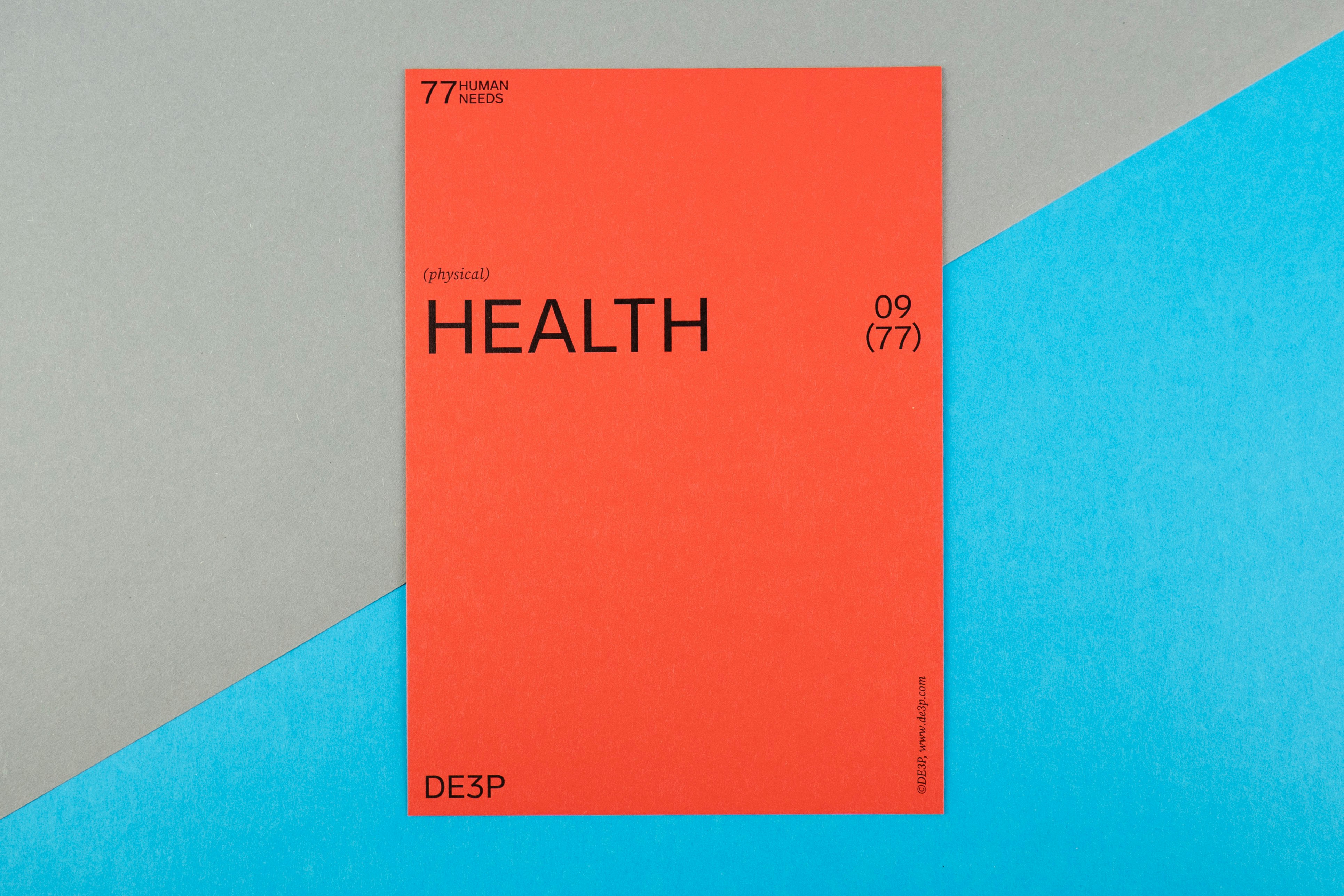Introduction to Health Insurance in India
Health insurance is an essential financial product that provides coverage against expenses arising from medical emergencies, ensuring individuals and families can manage healthcare costs without burdening their finances. In India, the landscape of health insurance has evolved significantly over the past few decades, owing to the rising healthcare costs and increased awareness among the population regarding health-related issues. The advent of advanced medical technologies and treatments has made healthcare increasingly expensive, underscoring the need for comprehensive health insurance plans.
As healthcare expenses soar, the importance of having adequate health insurance cannot be overstated. Many families remain vulnerable to financial stress due to unexpected medical bills, which can lead to significant economic hardship. Health insurance serves as a safety net, allowing individuals to seek timely medical care without the anxiety of crippling out-of-pocket expenses. It alleviates concerns about high hospitalisation costs, surgical fees, and ongoing medication expenses, thus promoting overall well-being and peace of mind.
The basic principles of health insurance are grounded in risk pooling, where individuals pay regular premiums to share the collective risk of healthcare costs. Various types of health insurance plans are available in India, ranging from individual and family floater plans to critical illness insurance and maternity coverage. Each plan offers distinct benefits and coverage options designed to meet the diverse needs of policyholders. The regulatory framework governing these policies is managed by the Insurance Regulatory and Development Authority of India (IRDAI), which ensures that insurers comply with necessary guidelines to protect consumers’ interests and promote transparency within the sector.
Overall, health insurance is not merely a safety tool but a vital component of financial planning. As more Indians recognize its significance, the health insurance sector is likely to continue its growth trajectory, making healthcare accessible and affordable for all.
Criteria for Choosing the Best Health Insurance Companies
Selecting the most suitable health insurance company requires thorough consideration of various critical factors. Leading among these is the claim settlement ratio, which serves as a vital indicator of an insurance provider’s reliability. This ratio represents the percentage of claims paid out relative to the total claims received. A higher claim settlement ratio suggests a more dependable insurer, offering peace of mind to policyholders who need to file claims when medical emergencies arise.
Another essential factor to evaluate is the quality of customer service. The responsiveness and efficiency of an insurer’s customer support can significantly influence the overall experience for policyholders. Companies that provide accessible customer service channels, such as toll-free numbers, chat support, and online forums, generally rank higher in customer satisfaction. Therefore, researching reviews and testimonials can provide insightful information about a company’s service quality.
The network of hospitals associated with an insurance provider is also crucial. An extensive network can enhance policyholders’ access to healthcare services, ultimately affecting their ability to receive timely and necessary treatments. It is advisable to check if a preferred hospital is part of the insurer’s network to ensure that cashless treatment is an option.
Additionally, it is important to thoroughly understand the policy inclusions and exclusions. Each health insurance plan varies in terms of coverage; thus, consumers should ensure that essential health services, such as pre and post-hospitalization costs, day care procedures, and maternity benefits, are included. This understanding helps avoid unpleasant surprises when accessing medical care.
Lastly, premiums should be assessed for affordability. While lower premiums may seem attractive, it is vital to consider the coverage benefits tied to these plans. Policies should balance cost with comprehensive coverage to provide adequate protection without imposing financial strain on policyholders.
The Top 5 Health Insurance Companies in India
India’s health insurance sector has witnessed remarkable growth in recent years, driven by increasing healthcare costs and a growing awareness of the importance of health coverage. Among a myriad of providers, five companies stand out due to their robust offerings, exceptional customer service, and favorable claim settlement ratios.
The first on the list is **Max Bupa Health Insurance**. Renowned for its prompt claim settlement, Max Bupa offers a variety of health insurance plans tailored for individuals, families, and senior citizens. Their plans often include unique features such as cashless hospitalization across a vast network of hospitals, wellness programs, and no-claim bonus, ensuring an all-rounded experience for the policyholder.
Next is **Star Health and Allied Insurance**. This company has garnered positive reviews for its comprehensive coverage options, including specialized plans for individuals with pre-existing conditions. Star Health is recognized for having one of the highest claim settlement ratios in the industry, ranging between 80-85%. With its extensive range of health insurance policies, Star Health effectively caters to the diverse needs of Indian consumers.
Another noteworthy mention is **HDFC ERGO Health Insurance**. This provider is distinguished by its innovative health insurance policies that cover outpatient expenses and daycare treatments. HDFC ERGO has built a strong reputation for customer satisfaction, as reflected in various surveys and feedback from policyholders regarding their ease of claim processing.
**Religare Health Insurance**, now known as Care Health Insurance, focuses on comprehensive health coverage that includes international treatment options. The company has received commendations for its transparent policy terms and competitive premiums, making it a favorable choice for health insurance seekers.
Lastly, there’s **Aditya Birla Health Insurance**, which emphasizes wellness as a core tenet of its health insurance plans. This company offers unique health insurance policies that reward healthy living with discounts and incentives. Aditya Birla’s commitment to customer service and efficient claim processes enhances its standing in the competitive landscape of health insurance companies in India.
Conclusion and Recommendations
In the exploration of the top health insurance companies in India, it is evident that each has its unique offerings and advantages tailored to diverse needs. The previously discussed companies distinguish themselves through their plan structures, affordability, customer service, and claim settlement ratios. As consumers navigate this intricate market, it is crucial for them to evaluate their individual health requirements and financial capacities before making a decision. A personalized approach to selecting a health insurance policy can ensure that individuals secure comprehensive coverage that aligns with their specific circumstances.
Potential policyholders should consider factors such as pre-existing conditions, family health history, and expected medical expenses in their assessments. These elements can significantly influence the type of coverage one might require. Furthermore, looking into the network of hospitals affiliated with insurance providers may also prove beneficial as it impacts accessibility during medical emergencies. Evaluating the premium costs against the benefits offered by each plan is equally important in making the optimal choice.
Additionally, engaging with experienced insurance advisors can present individuals with crucial insights that may not be readily apparent through online research. These experts can guide potential customers toward policies that best suit their needs while navigating the complex landscape of health insurance. Ultimately, arming oneself with knowledge and professional guidance can facilitate an informed decision, empowering individuals to choose a health insurance plan that provides the necessary security and peace of mind for their health and financial future.

